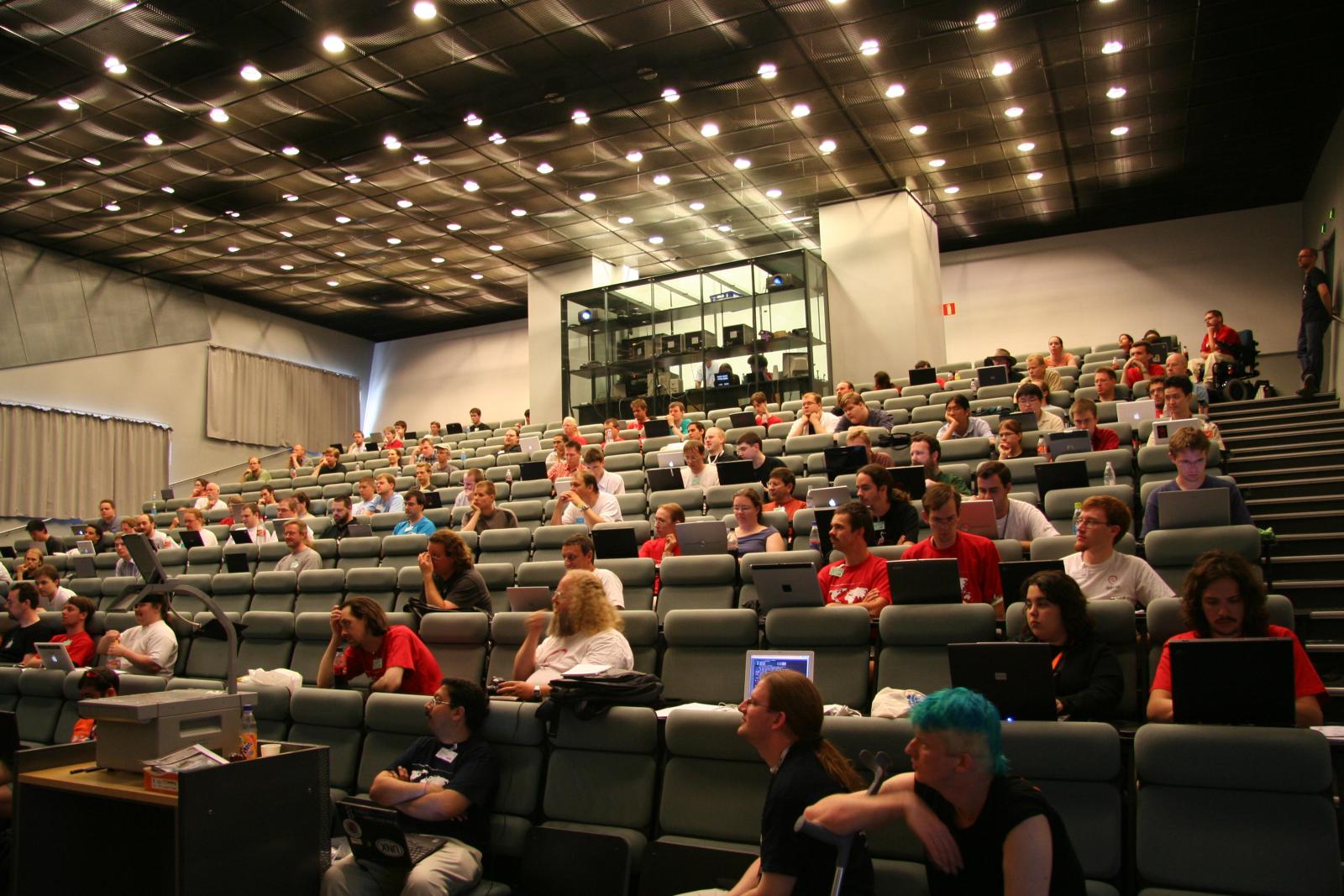Sharon Boyd asks whether you have to be an extrovert in order to have a successful career in the media sector:

The media industry is one in which working with people is inevitable, so if you’re not really a people person then you should consider this aspect of having an occupation in this particular industry. There are many different personality types, some people are extrovert, others are introvert, and still others are a blend of the two. When choosing a career path you should think about how your personality could impact you in the work that you want to do.




